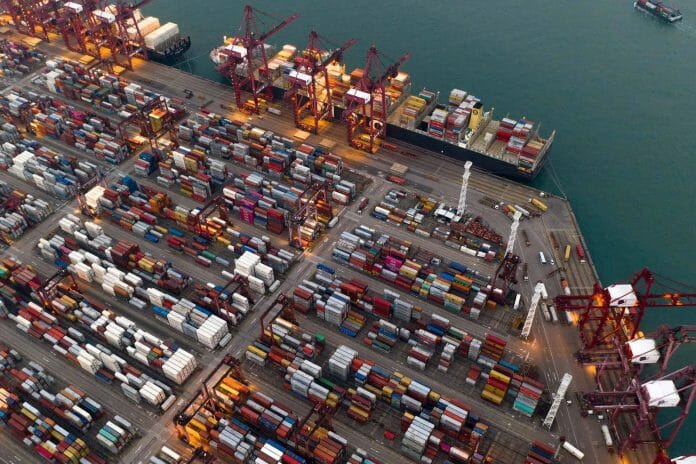An economist has warned that China’s economic slowdown and the COVID contortions are some of the major potential risks that Malaysia needs to be vigilant about as it enters 2022.
Executive director at Socio-Economic Research Centre. (SERC) Malaysia, Lee Heng Guie told Business Today that both the global economy and financial markets in 2022 are still likely to be sensitive to the faster spreading intensity of the Omicron variant though it may not cause severe illness.
“As preliminary data suggests the mutations in the Omicron variant may reduce the strength of double doses of vaccination’s immunity against reinfection which compels a faster roll-out of the booster dose vaccine against the virus,” he said.
He said that the other hazard that the country was facing was that the Chinese economy was resuming a long-term deceleration. “Beijing authorities have acknowledged that the economy faces “Triple pressures: contracting demand, supply shocks and weakening expectations”, prompting liquidity and monetary easing to guide a soft landing,” he said.
Lee said that China was still struggling with real estate woes and fallout from sporadic COVID-19 lockdowns. “The attendant risk of the global spread of the Omicron variant could threaten a sharp economic slowdown in 2022. China’s zero covid case target means no compromising on lockdown,” he said.
On the other potential hazards that Malaysia needs to be vigilant, he said that increase in prices was inevitable evidenced by the increase in prices of commodities and substantial increase in logistic and shipping costs.
This, he said in addition to the ongoing global supply crunch for chips has hurt production across several industries, ranging from cars to consumer appliances, personal computers and smartphones could drag on till 2022.
He said that the shortage of workers, higher input costs, and supply constraints are likely to increase costs of the final products and if businesses are unable to absorb them, they are likely to pass to consumers in the form of higher prices.
He said that Fed’s policy of hiking interest rates will result from tighter liquidity conditions, financial volatility, and capital flows reversal in the emerging markets, both equity and foreign exchange markets. This, he said, will result in weaker ringgit against the US dollar.









